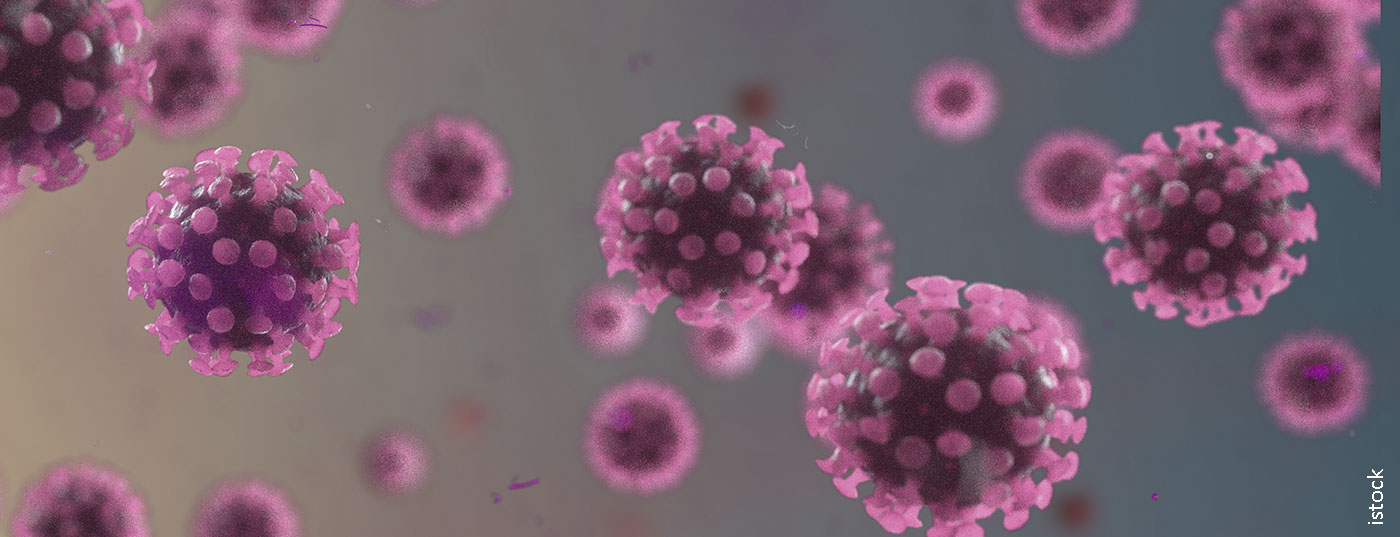IgE-mediated allergic diseases affect up to 25% of the population. Diagnosis of type 1 allergy should currently focus primarily on in vitro testing, where possible. Exceptions are drug and food intolerances, as reliable in vitro tests are hardly available for these.
The following notes refer to allergic bronchial asthma, allergic rhinoconjunctivitis and anaphylaxis: Skin prick tests and provocation tests with aerosols (for example rhinomanometry) should only be performed after strict indication and under sufficient protection of the personnel. Gloves, goggles, gowns, and FFP2/FFP3 respirators should be worn to prevent droplet transmission and direct contact [1–3]. If this is not possible, the test should not be performed. To optimize the use of personal protective equipment in the event of inadequate supplies, personnel should be assigned to specific tasks only at a time and diagnostics should be performed in specially designated areas.
A review article published in the Journal of the German Society of Dermatology (JDDG) in August of this year summarizes further expert advice on the management of allergic diseases during the Coronapan epidemic [4]: https://onlinelibrary.wiley.com/doi/full/10.1111/ddg.14195_g
Literature:
- www.ecdc.europa.eu/en/publications-data/guidance-wearing-and-removing-personal-protective-equipment-healthcare-settings
- WHO: World Health Organization: rational use of personal protective equipment for coronavirus disease (COVID-19) and considerations during severe shortages: interim guidance, 6 April 2020.
- www.ecdc.europa.eu/en/publications-data/rapid-risk-assessment-novel-coronavirus-disease-2019-covid-19-pandemic-increased
- Buhl T, et al: COVID-19 and implications for dermatological and allergological diseases. JDDG 2020; 18(8): 815-825.
GP PRACTICE 2020; 15(9): 33











